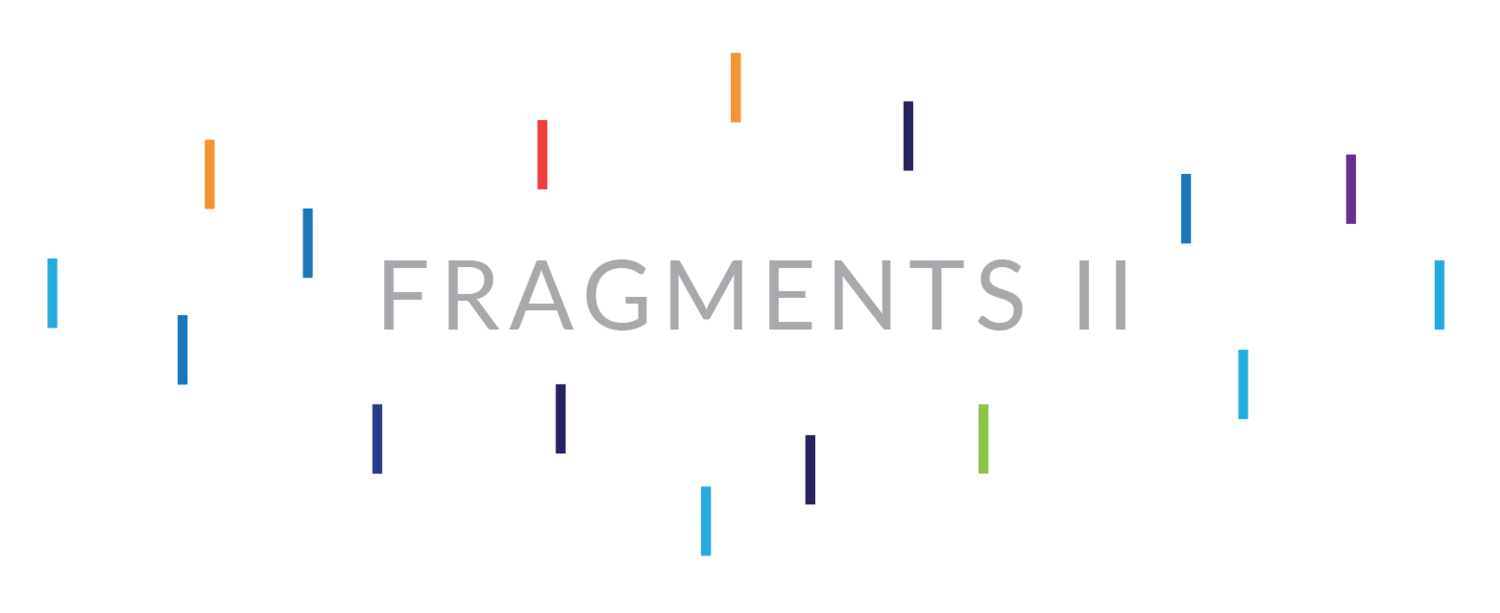7 Lessons in Leading When the World Feels Fragile
Earlier this week, Rowan Williams, for Archbishop of Canterbury, wrote in The Guardian that the story of humanity is right now more fragile than we’d been led to assume. “For the foreseeable future”, he says, “we shall have to get used to this fragility; and we are going to need considerable imaginative resources to cope with it.”
One of these coping resources, I would suggest, is our ability to process and learn from our collective human experience of the last two years. We need to be able to look back and understand precisely who we were and how we responded when faced with the existential threat of a global pandemic.
With this in mind, I also found myself this week listening to a conversation with Brian Chesky, CEO of Airbnb. In it, Chesky reflects on what it meant for him to lead during a crisis. And whilst most of us are not in the business of online accommodation rentals, I found some remarkable similarities with the experience of running a school over the past 24 months.
Seven statements, in particular, stood out; each one offering me the chance to think about what it means to lead when our world feels fragile.
In a crisis, you have to move more quickly… [and]... The faster things change, the more you need to communicate the change.
In good times, you make business decisions by trying to game-theory out what will happen… In a crisis-induced fog of war, you often have no idea what will happen, and you have to make what I would call principle decisions.
The hardest thing to manage in a crisis isn’t your company - it’s your own thoughts.
In a crisis, you often have clarity… We realised we had to get back to our roots.
People often treat communications like waiters treat food: other people cook it, and the waiter has to serve it.
We were brutal about initiatives… but we were not brutal about people.
In a world changing fast, what survives are the things that are most adaptive.
Each one of these statements articulate an aspect of what I - and I believe many others - experienced, felt, and came to understand over the course of the past two years; each one reminds us that leading in a time of crisis is ostensibly different from whatever was once referred to as “normal times”.
But how do we articulate this difference?
The clues are certainly in what Chesky is teaching us and can, I would argue, be captured by three simple words:
Pace: In a crisis, the world appears to literally speed up. We start dealing with things on a day-by-day or even hour-by-hour basis. And the only thing that will help others keep pace is a constant flow of clear, authentic, and honest communication.
Direction: In a crisis, a fog descends upon our world and we can all too easily lose sight of where we are trying to go. In these moments, Chesky reminds us that the best course of action is to retrace our steps, return to what is essential, and have the courage to be brutal in shutting down everything else.
Kindness: In a crisis, you cannot help but demonstrate whether you really care for people. They feel it in the letters that you write. They feel it in the actions you take and the words that you speak. And, even if you don’t always know what to say and make mistakes along the way, when the crisis is over, people will know for sure whether you are an organization that treats others with kindness and compassion.
With new challenges for many of us on the horizon, Williams is right. We are going to have to get used to this fragility. The reality, though, is that many of us already know what is going to get through the next chapter in the collective story of our lives.
Photo by Patrick Hendry on Unsplash




